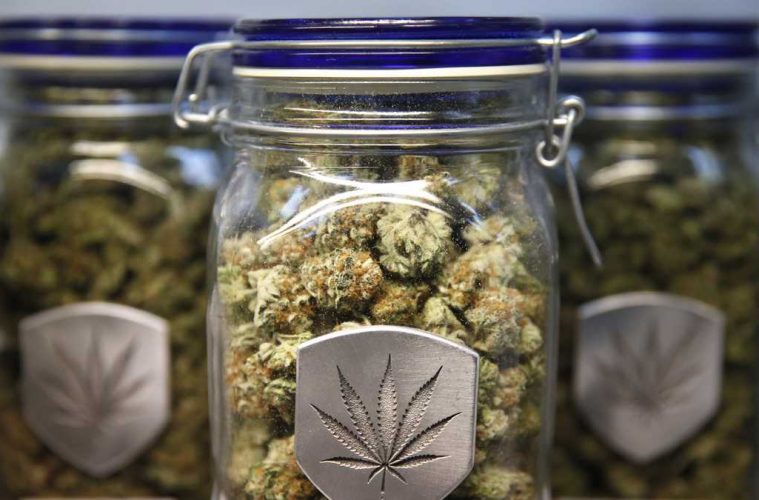Criminal records involving certain marijuana charges will not qualify for pardon for up to five years after marijuana becomes legal.
Until the legalization of the Cannabis Act planned for July 2018, Canadians can still be charged and convicted for possession of cannabis up to 30 grams and for those under 18 years of age, possession of cannabis up to 5 grams.
Legalization of the Cannabis Act was announced in 2015 by the Liberal government, but nothing was implemented beforehand to make criminal record pardons immediately available to people charged with possessions of small amounts of marijuana.
“This would [have been] a first step in providing reparations to what began as and what continued to be a law that was largely based on prejudice, racism and inequality,” said Michael Spratt, a criminal defence lawyer who has represented dozens of clients with charges that will become legal next year.
“The government took the middle road approach to legalization in which sometimes marijuana will be legal and in other cases it’s not,” said Spratt. “What the government should have done is had the courage to fully legalize marijuana.”
In April, in a televised interview with VICE Canada on marijuana legalization, Prime Minister Justin Trudeau said, “We’ll take steps to look at what we can do for those folks who have criminal records for something that would no longer be criminal.”
Trudeau’s answer was a temporary fix to an audience addressing the problems with the transition period of legalization. At a news conference almost two weeks before, the Public Safety Minister Ralph Goodale said, “As the bill moves through the legislative process, existing laws prohibiting possession and use of cannabis remain in place, and they need to be respected.”
Currently, if a person is convicted with possession of small amounts of marijuana, they will have to wait a minimum of five years before they can apply to have their criminal record suspended. The Parole Board of Canada has exclusive jurisdiction to grant, refuse to grant or to revoke a pardon, now known as a record suspension.
According to Pardons Canada, a national non-profit that helps Canadians obtain record suspensions, the time to acquire documents necessary in an application takes three to 10 months. The average time for a record suspension to be processed and granted is 12-24 months. Applications cost $631.
“The poorest [in society] have been stigmatized through the imposition of criminal records through possession of marijuana. Those same individuals will find it the most difficult to find and navigate this pardon system,” said Spratt.


Leave a Reply